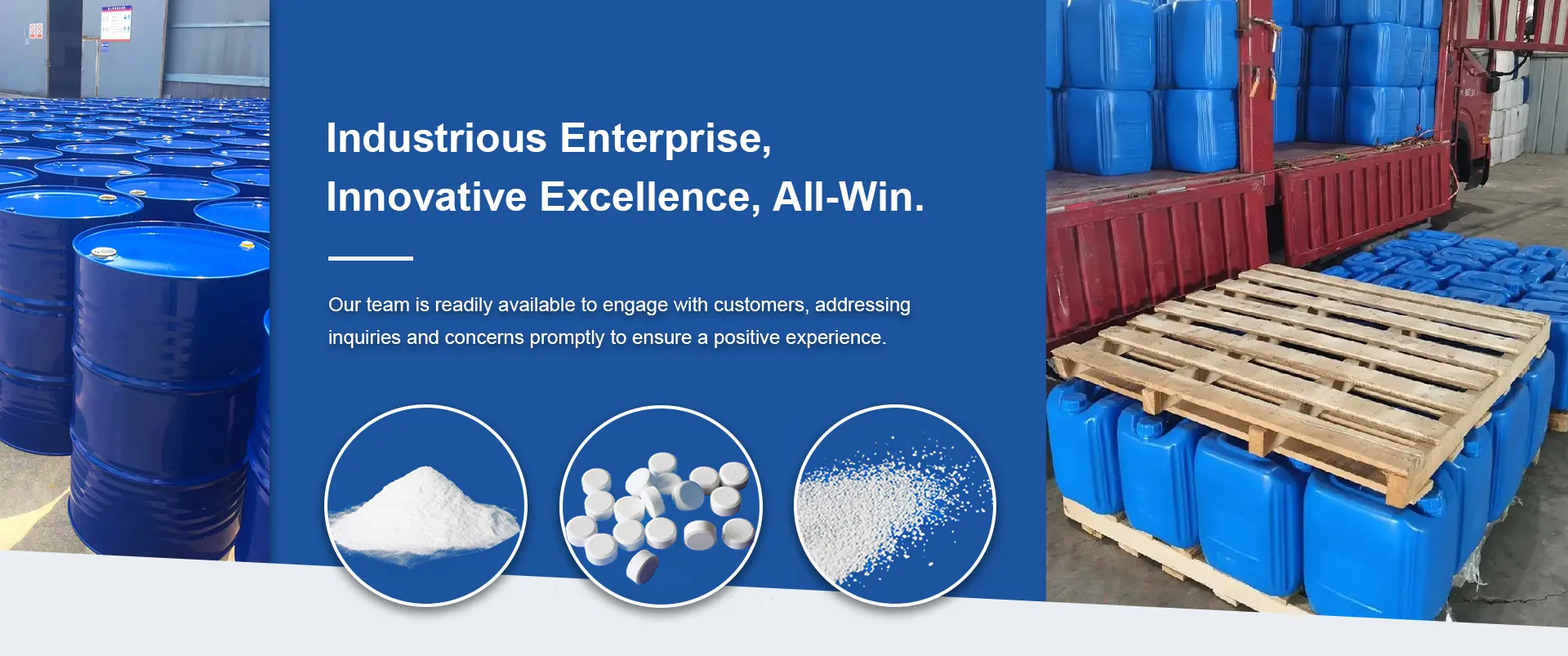The origin of another type of glass, the lens, is difficult to trace, because lenses appeared some time before the first year of the AD. In the Islamic world during the 10th century, optics emerged as an important field of study, and mathematicians and scientists made great strides in understanding and regulating light. During the Renaissance, philosophers, scientists, and thinkers used lenses to see the physical world - the stars above us (the telescope was invented in 1608) and the earth below us (after the microscope was made in 1625). Glass has long been seen as a material capable of providing light in a literal sense, but it's worth remembering that glass also laid the foundation for much of our enlightenment.
 Home
Home











